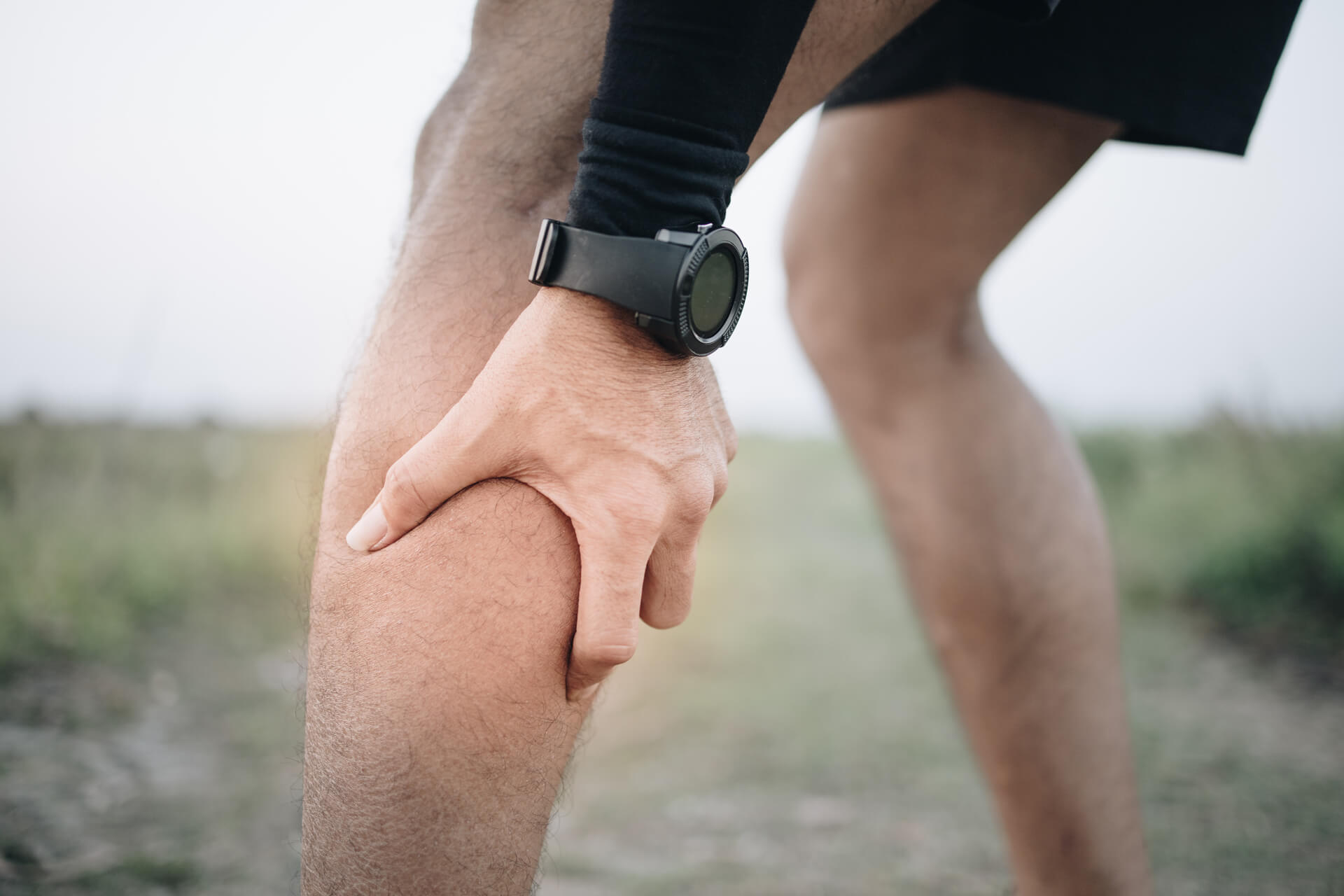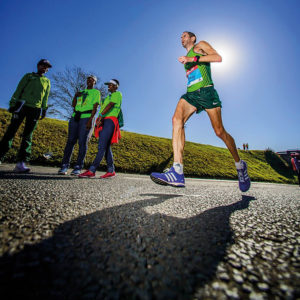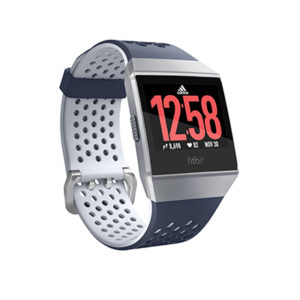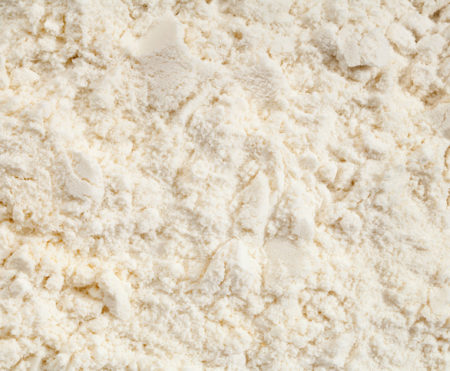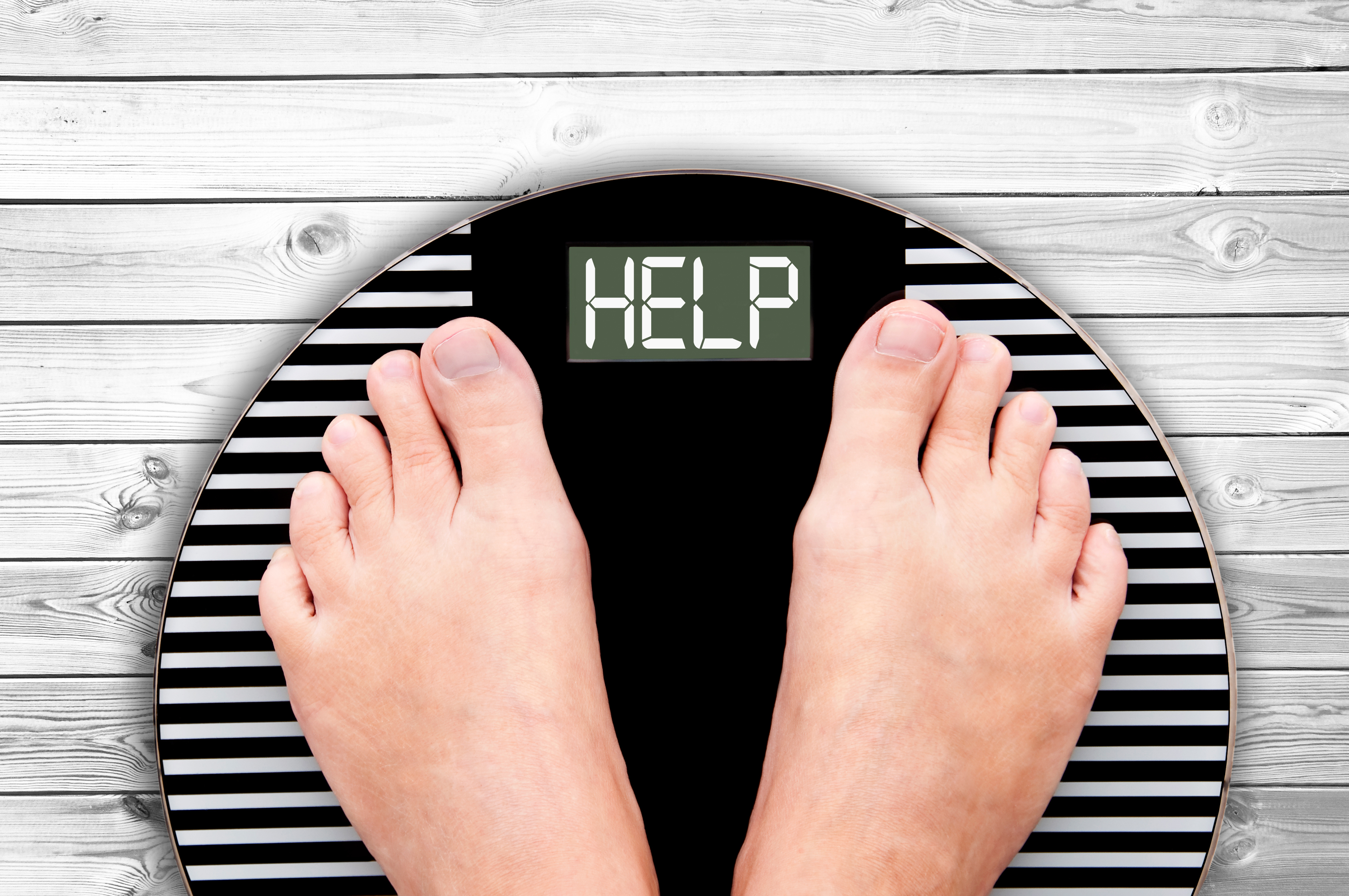
One of the most common complaints I hear in my practice is from individuals who take up a new sport such as running in a bid to drop a few pounds, only to find that it’s not quite that simple. They just can’t understand why their weight is not shifting when they’ve finally bitten the bullet and started moving a lot more than they were previously.
What we know is that in order to lose weight there needs to be an energy deficit between what is being consumed and what is being utilised. So the bottom line is, if you are not losing weight, then somewhere along the line this negative energy balance is not being achieved.
In my experience several common themes crop up when looking at the lack of weight loss. The good news is they’re easily addressed. Follow these simple fixes and you’ll soon see the results you’re after.
Sports Products
The market is saturated with so many options: gels, bars, energy drinks and recovery drinks to name but a few. Look on the side of the packet and it seems that we need a product for everything, and this could be one of the traps you have fallen into. How many of you are guilty of carrying an energy drink on your run, without giving any thought to whether you actually need it or not?
Recovery Myths
You should only really take on fuel, during a run, if you are training at a high intensity (that is over 70% of your max heart rate) for over 45 minutes, or during endurance runs of over 90 minutes. Similarly, there seems to be a lot of confusion over recovery and the use of recovery products.
There is this misconception that you need to take a recovery product, such as a protein shake, within 20 minutes of completing your run or somehow your muscles will not benefit. Again, not strictly true; timing of recovery is actually dependent on what training session you have just completed, when your next meal is scheduled and also when you will be training next.
So if you have done a high-intensity training session and your next meal is over two hours away or your next training session falls within 12 hours, only then is the 20-minute window a real necessity. In this case, I usually recommend a glass of milk to start the recovery process and also help with satiety. In all other situations, your next meal counts as your recovery.
Weekend Routines
Another issue that can throw energy balance off kilter are weekends. For many, it is easy to be more structured and disciplined during the week with our nutrition and training. However, once the weekend arrives we become a little more relaxed and, before you know it, you have made up the calorie deficit of the week.
Over-restriction
A further common problem is when individuals cut back too drastically, which actually leaves their body in a position where it can’t work hard enough to achieve a high calorie burn. Over-restriction also tends to cause a loss of both muscle and body fat.
When losing weight, the key is to preserve as much lean muscle mass as possible. This is because muscle mass is metabolically active. If you lose too much muscle, you will find it harder to lose weight in the long run as your metabolism slows down.
Overestimation
The final consideration is actually how many calories you are burning through running. It is well documented that treadmills, running apps and other electronic devices that measure energy output, over-estimate. This percentage of error could lead you into a false sense of feeling like you “deserve” that extra portion of pasta, even if your body actually doesn’t need it.


